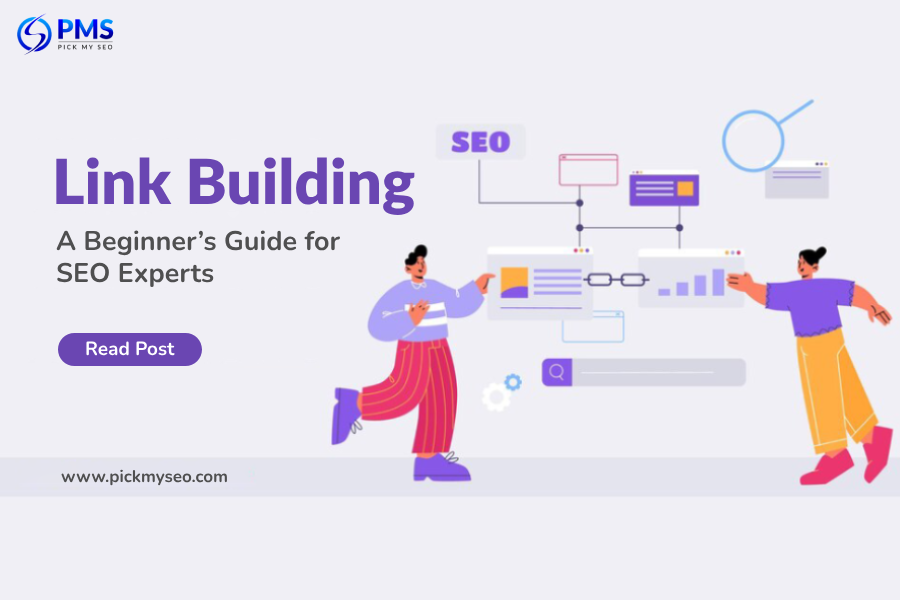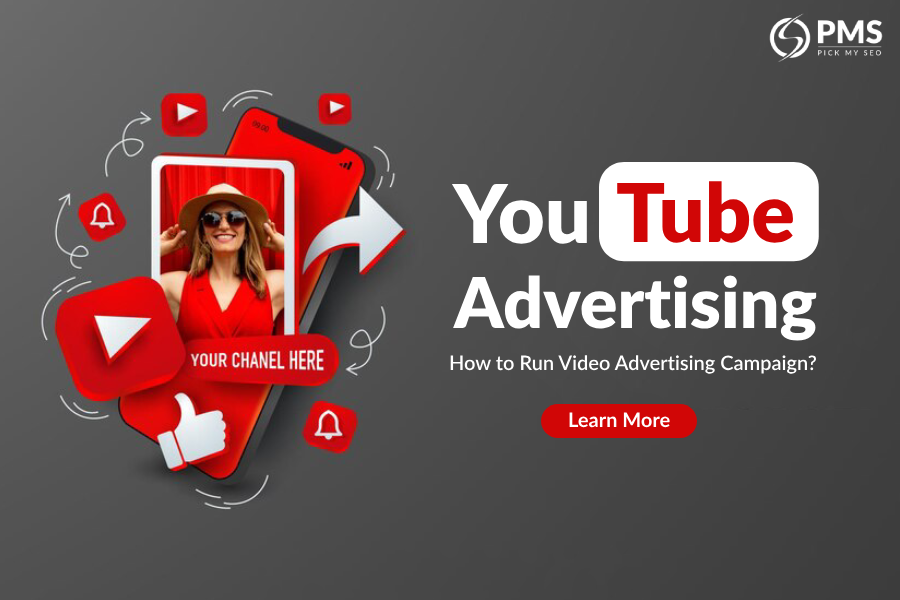In 2025, link building remains one of the most important strategies for improving website rankings on search engines. Despite the many updates to Google’s algorithms over the years, one thing has remained consistent — quality backlinks help websites perform better in search results.
If you’re new to the world of SEO or just starting to take link building seriously, this beginner-friendly guide will walk you through what it is, why it matters, and how to start using it to boost your site’s authority and traffic.
What Is Link Building?
Link building is the process of getting other websites to link to yours. These links, also known as backlinks, act like votes of confidence. When a trusted site links to your content, it signals to search engines that your site is reliable, helpful, and worth showing in search results.
Think of backlinks as digital referrals. Just like a customer trusts a recommendation from a friend, Google trusts links from reputable websites when deciding which pages to rank higher.
Why Link Building Matters for SEO
Backlinks are one of the top three ranking factors used by Google. In simple terms, the more high-quality backlinks your website has, the better your chances of ranking on the first page of search results.
Link building helps with:
- Increasing domain authority
- Driving referral traffic
- Improving organic rankings
- Building brand credibility
However, it’s not just about quantity. A few strong links from trusted sites are much more valuable than hundreds of low-quality links. In 2025, the focus is on earning links naturally through helpful, relevant content.
Different Types of Backlinks
Before diving into strategies, it’s helpful to understand the types of backlinks:
- Editorial backlinks: These are natural links placed by other sites because they found your content valuable. They’re the best kind.
- Guest post links: Links added to content you write for another blog or website.
- Directory links: Listings in business directories or local directories.
- Forum or comment links: Links placed in discussions or blog comments. These are often no-follow and carry less weight.
- Social media links: Shared content on platforms like Facebook, LinkedIn, or Twitter.
In 2025, link building efforts are more successful when focused on editorial and guest post links, as they reflect real value and authority.
Top Link Building Strategies for Beginners in 2025
- Create High-Quality Content The foundation of any good link building strategy is content. If your content is unique, helpful, and easy to read, people will want to link to it.
Focus on:
- In-depth guides
- Case studies
- Infographics
- Original research
For example, a detailed blog post that answers a common question in your industry is more likely to earn natural links.
- Guest Blogging Guest blogging is still a popular link building tactic in 2025. It involves writing articles for other websites in your niche and adding a link back to your own site.
Look for:
- Relevant websites with a good reputation
- Blogs that accept guest posts
- Topics where you can add value
When done right, guest posting not only earns backlinks but also builds your authority in your industry.
- Broken Link Building This technique involves finding broken links on other websites and suggesting your own content as a replacement.
Here’s how it works:
- Use tools like Ahrefs or Broken Link Checker
- Find relevant sites in your niche with broken links
- Contact the site owner with a helpful replacement suggestion
It’s a win-win: you help them fix a problem, and in return, you get a valuable backlink.
- Use Social Media and Forums While links from social media are often no-follow (meaning they don’t directly impact rankings), they still help with link building by increasing content visibility.
Join relevant Facebook groups, LinkedIn discussions, and industry forums. Share your content where it’s useful — not in a spammy way. When your content gets shared or discussed, other websites may pick it up and link to it.
Link Building in 2025: Quality Over Quantity
Search engines have become smarter at identifying spammy or manipulative link building practices. Tactics like buying links, participating in link farms, or using automated tools are risky and often lead to penalties.
In 2025, Google rewards links that are:
- From trusted websites
- Contextual and relevant to the topic
- Earned naturally
- From different domains (not just one site)
This means SEO experts must focus on building genuine relationships and providing real value through content.
Measuring the Success of Link Building
Once you start your link building campaign, it’s important to track progress. Use tools like:
- Google Search Console (to see referring domains)
- Ahrefs or SEMrush (to track new backlinks)
- Moz Domain Authority (to check site strength)
Pay attention to:
- Number of backlinks
- Source of backlinks
- Traffic from those links
- Impact on keyword rankings
Don’t expect instant results. Link building is a long-term investment that pays off over time.
Challenges Beginners Face in Link Building
New SEO experts often face a few common challenges:
- Finding websites that accept backlinks
- Writing content that earns links
- Avoiding spammy techniques
The key is to stay patient, learn from mistakes, and focus on ethical strategies. As you gain experience, you’ll get better at identifying opportunities and building lasting connections.
Final Thoughts
In 2025, link building remains a powerful part of Off-Page SEO that no business can afford to ignore. For beginners, the most important thing is to focus on creating value — through helpful content, genuine outreach, and ethical practices.
By earning high-quality backlinks, you can boost your website’s authority, improve search rankings, and attract more traffic. Whether you’re a freelancer, business owner, or digital marketer, understanding link building will give you a strong edge in today’s competitive online world.
If you’re just getting started, don’t worry about building hundreds of links overnight. Start small, stay consistent, and remember — one good link is worth more than ten bad ones.
Frequently Asked Questions
Link building is the process of getting other websites to link back to your own site, helping to drive traffic and improve your site's authority.
Yes, link building is very good for SEO because it helps search engines see your website as trustworthy and relevant, which can boost your rankings.
You can create links by producing quality content, reaching out to other websites for collaboration, submitting to directories, and guest posting on blogs.
Poor-quality or spammy links can hurt your site's reputation and may lead to penalties from search engines like Google.
Link building is important because strong backlinks show search engines that your website is credible and valuable, helping you rank higher in search results.






